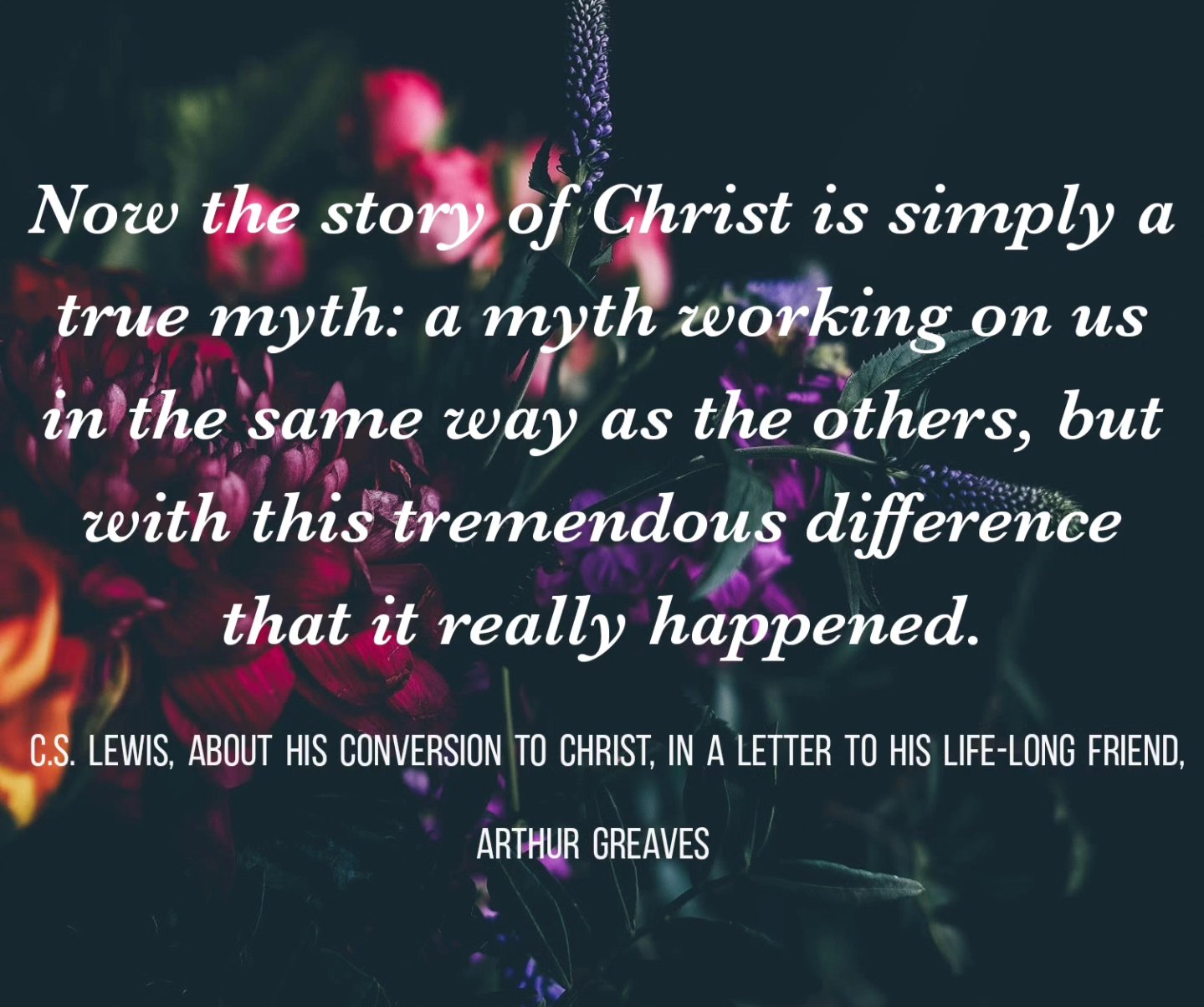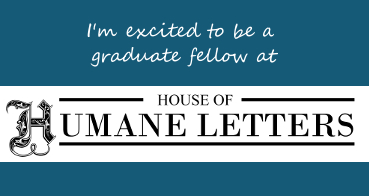I recently saw a Facebook discussion about 4-day-a-week public schools. There were the usual pros and cons from teachers and parents that had experience with it, including one person claiming that 4-day-a-week students had problems with retention. I found that claim odd for a couple of reasons: Just one more day off makes this difference? If so, what do they do with the whole summer off? After these questions, I immediately thought of just what is it that is being expecting to be retained, and how is it being delivered to the children. Do these people even understand what a child is and how the mind works?
I just wrote this post a few days ago, sharing a bit of how the Charlotte Mason philosophy eased my job as teacher, as well as how it gave my son an education to last a lifetime. One of those things is understanding how the child, like all of us, has a mind that feeds on ideas. It is a mind that is constantly at work, even when we’re not aware. Charlotte Mason taught that the mind needs its proper food. And when given this proper food, the mind will still be working on it even when away from the desk or schoolroom. In fact, it may be that the down time is the time when the real work of these living ideas is happening. They need this time for the images from the lessons — whether they be a story, history, nature lore, geography, science, math, art or music — to do their magic. What goes on in our minds is really of a spiritual (as in not material or physical) nature. The work and events of the mind cannot be weighed or measured — or very well given a grade, for that matter. And often the results are not immediate. But, again, it requires the proper food, and I would bet these kids are underfed to the point of malnutrition.
Then arose the question,––Cannot people get on with little knowledge? Is it really necessary after all? My child-friends supplied the answer: their insatiable curiosity shewed me that the wide world and its history was barely enough to satisfy a child who had not been made apathetic by spiritual malnutrition.
~Philosophy of Education, p. 11, 12
The mind that is expected to do this retaining of information is a spiritual organism (again, meaning not material or physical) that needs to be fed, and as with any organism that we wish to be healthy, it needs its proper food. But we tend to think of it as a big brain, more of a machine or computer, doing all this storing of information, analysis and logical work, when much more is going on that has to do with the Imagination, a mysterious realm that has little to do with our conscious efforts of analysis and argument. The mind must be fed with ideas from a wide range of subjects that spark that imagination.
C.S. Lewis, mostly known today as a Christian apologist, spent his youth and up to the age of 32 as an atheist. A year after coming to terms that there is a God, he became a believer in Christ. He talks about the moment when he came to belief in Christ as happening on the way to the zoo, when he claims he was giving it no thought. When I read about that this morning, I thought, Isn’t that so like education? Isn’t that how the mind of a child, and all of us, works? All the thoughts of a lifetime, especially those from his recent talks with his friends Tolkien and Hugo Dyson, were at work even in that moment when he wasn’t giving it a thought. What he said later was that he had to stop arguing, using his rational mind, doing all the logic tricks, and just experience it. He still couldn’t grasp the idea of redemption, but he chose to accept it without understanding it. If you read his works of the 1930s, after his conversion, you find some that illustrate his struggles, but few that bring you to the conversion. It took him nearly a decade to begin to line up the sequence that led him there. And then what follows is two decades of massive writing, fiction and non-fiction, inspired by his new understanding, before his death on November 22, 1963, a week shy of his 65th birthday.

The problem with retention over a 3 day weekend, or a Christmas break, or a whole summer, is not the child’s problem. And no rescheduling of school — more days, longer days, start ’em at 2 and keep going until 21 — will fix it, either. It is about what you get (proper food, rich banquet of ideas) and how you get it (I’ve got a list of wrong ways, if you’re interested) when you are there.
Now how will the schools of any kind go about fixing that?






